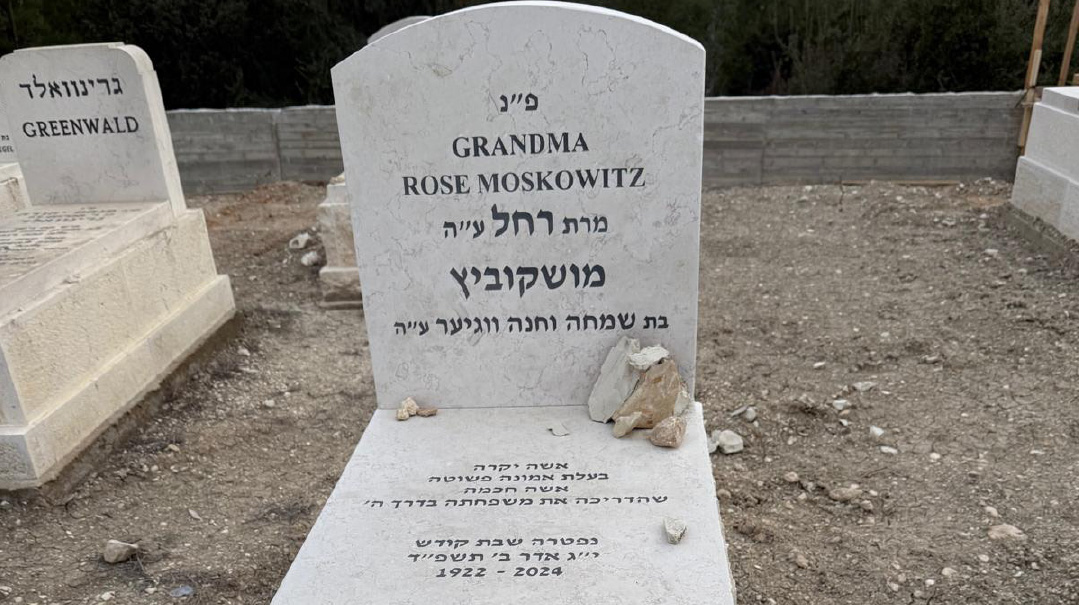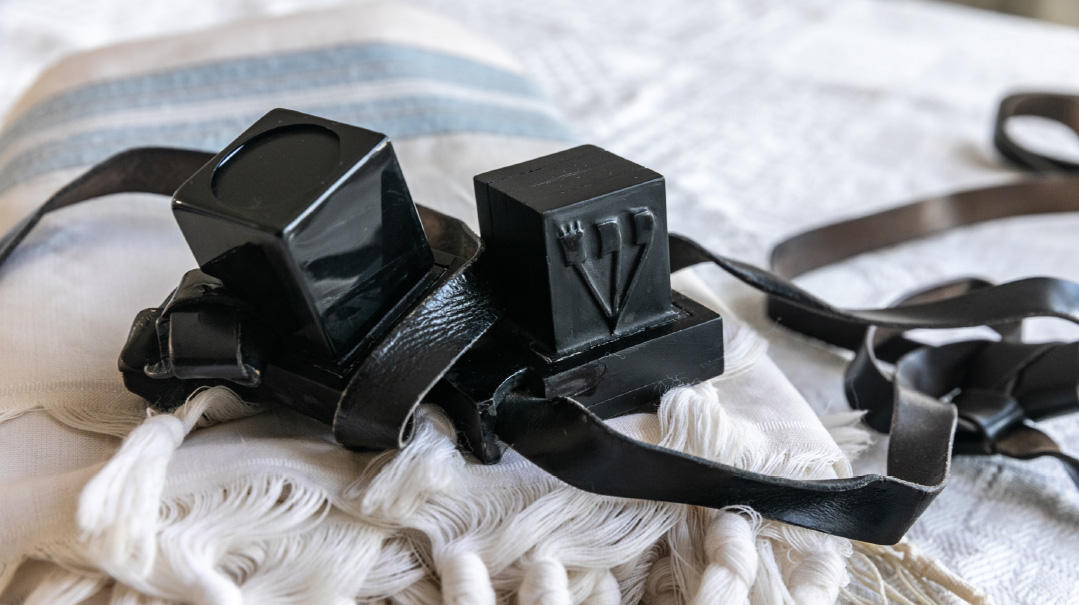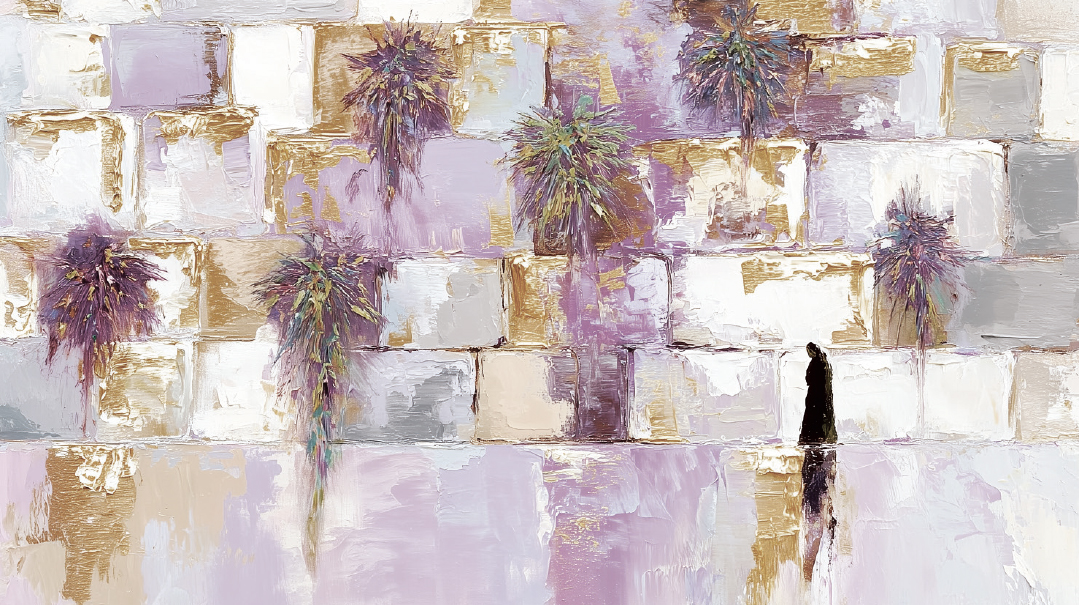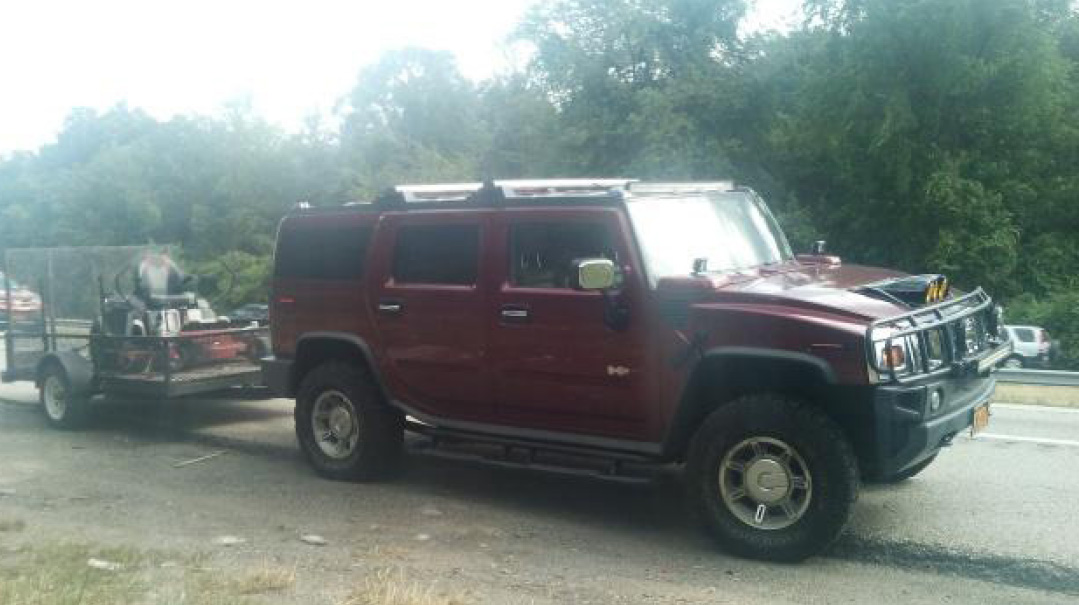A Luminous Life
| June 17, 2025By the trip’s end, I carried a dual mission

Though I grew up as the grandson of Holocaust survivors on both sides of my family, and the son of a history teacher, the Shoah never felt deeply personal to me. It was a shadowy presence in our home, rarely discussed, and I never pressed for details.
The exception was Pesach night, when my father would recite Shefoch Chamas’cha at the Seder. He’d read a newspaper clipping about the Holocaust, recounting the unshakable emunah of the Kedoshim, and we’d sing Ani Maamin, the haunting melody composed in the cattle cars on the way to the death camps. As a child, this moment always brought me to tears; as an adult, the ritual felt more distant — until a journey to Poland upended my complacency.
When my yeshivah, Torat Shraga, where I’ve spent the last 11 years teaching, invited me to join their annual Poland trip, I hesitated. I preferred staying home with my family, and the idea of confronting the camps and mass graves unsettled me. But my parents urged me not to miss this opportunity, so I packed my warmest clothes, prepared divrei Torah, and brought my guitar, hoping to uplift my students along the way.
The trip was a whirlwind of shattered silence. At Zbylitowska Góra, I stood at the mass grave of children and sang “Daddy Dear” as a duet with my talmid, composer Tai Gerszberg, our voices trembling in the cold. In Majdanek, beside the crematoria, I sang my brother Aryeh’s “Yizkereim” — a plea for Hashem to gather the cries of those who died al kiddush Hashem. At Auschwitz-Birkenau, I delivered the first eulogy my paternal great-grandparents had ever received. I recounted the miracle of my maternal great-grandmother’s survival: an SS officer’s fleeting mercy, instructing her daughters to claim she was their sister, sparing her from Mengele’s selection.
By the trip’s end, I carried a dual mission: to remember those who perished in sanctification of Hashem’s Name — and to live in a way that glorifies His Name.
ON my next trip back to the States, I sat down with my grandmother and asked her to share her experiences during the war. That hour remains etched in my soul — her voice trembling as she recounted the horrors she had witnessed. She spoke of the repulsive stench of the crematoria. The Nazis claimed it was just smoke from a nearby factory, a lie as cruel as it was calculated.
Her words painted a past I could scarcely fathom, yet her resilience left me in awe. Even now, years later, I carry that conversation with me — not just as a story, but as a testament to her unbreakable strength.
As our conversation neared its end, I voiced the question that had gnawed at me for years: Of all her siblings and friends, how had she alone remained steadfast in her faith after the war?
“In the war, we lost everything. I should lose the Ribbono shel Olam also?”
That moment became the greatest lesson in faith I will ever receive. And perhaps it is because of that unwavering conviction that every one of her descendants, down to her great-great-grandchildren, remains shomer Torah u’mitzvos today.
My grandmother did not have an easy life. At the tender age of 22, she was uprooted from her home in Lodz, Poland, and thrust into the horrors of Auschwitz-Birkenau, the Freiberg labor camp in Germany, and finally a harrowing train transport to Mauthausen in Austria, where American troops liberated her just weeks later.
Yet her struggles did not end with the war. After crossing the ocean to build a new life in America, she married and had two daughters — my mother and my aunt. Then, when my mother was only seven, tragedy struck again: my grandfather passed away suddenly in his sleep, leaving my grandmother a young widowed mother. She carried this burden with quiet resilience.
Eventually she remarried, to the man I would come to know as my grandfather. Even then, hardship followed her. She lost her daughter, my Aunt Sema, to cancer at just 50 years old, and my grandfather died 11 years before her own passing.
Through it all, my grandmother faced life’s trials with unwavering emunah. Like Sarah Imeinu, whose 127 years Rashi describes as “good” despite her struggles, my grandmother saw her own life as blessed and full of meaning. She remained the heart of our family, deeply connected to every joy and sorrow we shared. At every simchah, she stood regal and radiant. And though she carried herself with grace, she was no stranger to fun — her sharp wit and unbeatable Rummikub skills made her the most sought-after competitor among her grandchildren.
To us, she was more than a survivor, more than a matriarch — she was our queen. Her legacy was not defined by suffering, but by the love, faith, and strength she imparted to all of us.
Last year, on Shabbos Zachor, my grandmother passed away at 101. She was buried in Eretz Yisrael on Shushan Purim, a day when eulogies are forbidden. At her funeral, I acknowledged this halachah, but added: “This is not a day of mourning, but of celebration.” I gestured to the four generations of her family surrounding her grave. “Who among us doesn’t dream of a life so long, so rich, so luminous?” She showed us what one soul, anchored in emunah, can achieve.
In the year since her passing, I’ve committed to daily Mishnayos study, a small offering to her memory. And from Shamayim, it seems she’s still guiding us. Months after her burial, and soon after my son’s engagement, my future daughter-in-law gasped as she recognized her own grandfather’s matzeivah in a photo — resting just across the path from my grandmother’s. A match made in Heaven, indeed.
So when we remember the Holocaust’s horrors, we must also remember its survivors — their resilience, their faith, the countless families they rebuilt. Physically and spiritually, we are their living guarantors.
L’illui nishmas Rachel bas Reb Simcha z”l
Rabbi Daniel Kunstler is an educator at Yeshivat Torat Shraga in Yerushalayim, and a singer and songwriter. He lives in Ramat Eshkol with his wife and children.
(Originally featured in Mishpacha, Issue 1066)
Oops! We could not locate your form.






